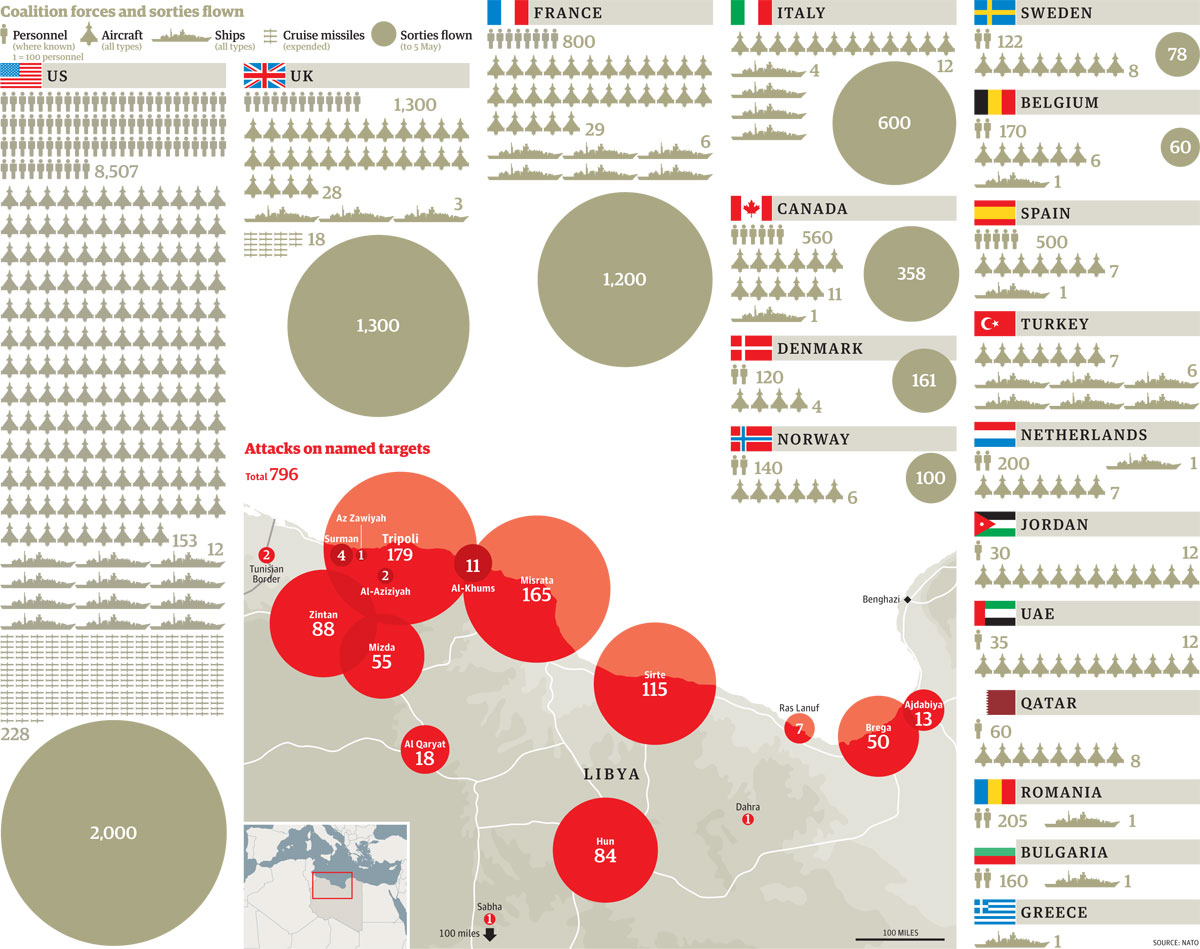[Originally posted October 2 and lost due to website issues. Apologies to those whose comments have been lost as well.]
Part 2. Ill-suited for outbreak response
And now, for something completely unoriginal: fear of Ebola is doing as much damage as the virus, maybe more. Yes, you knew that. Many have called fear a primary driver, a vector not just of the epidemic but of “collateral” deaths as well. Vox populi across Guinea, Sierra Leone and Liberia confirm a frightening view of humanitarian aid – hospitals are seen as a mixture of deathtrap and house of horrors, the people trained to treat the disease as transmitters or killers. As Jeffrey Stern concludes in his excellent Vanity Fair article, the outbreak would have been contained early on, but people took Ebola underground due to fear and distrust; it later emerged a multi-headed Hydra.
I remember similar issues arising in 2005, when a major outbreak of Marburg haemorrhagic fever had Angolans in the town of Uige running away from – you guessed it – space-suited health workers and afraid to enter hospitals. There too, insensitive burial of the dead sparked anger (so MSF began involving family members in a safe way, allowing them to see the corpses of their loved ones for themselves, stifling wild rumors).
Fast forward to frequent stories of healthcare teams being attacked (e.g., eight Guinea village health workers hacked to death only last week, month nine of the outbreak) that signal an almost primordial reaction. And there should be no comfort in believing such fear only happens in oogabooga land; that these West Africans are depraved, brutal, and primitive. Spielberg, no stranger to scaring us, had space-suited agents invade Elliot’s house to capture ET. Why? Because they breathe like Darth Vader, walk like Frankenstein, and frighten the bejesus out of us (check out the clip). Recall also the hysteria and even violence surrounding HIV/AIDS in the US. Or current scares for Ebola zombies. Or the fact that the discovery of one Ebola patient in the USA wiped billions of $$$ off the value of airline and travel stocks.
From an intellectual perspective, the nature of Ebola has a lot to do with the fear. It’s an exceptional combination of fatal and gruesome. More viscerally, though, the terror of Ebola is epitomized by the protection-suited doctor or nurse. Part hazmat worker, part astronaut, part faceless invader. They walk like robots. Part alien, part monster, part inhuman.
Thus far, the suits seem an unavoidable measure to protect healthcare workers, although some claim such measures are both costly and counterproductive (see here or here). Even if proven that the suits are necessary, we must recognize and combat their perverse impact in driving epidemically dangerous behavior. Hiding from assistance, spreading the disease to family, neighbors. Or maybe the family throws stones to chase away health workers. A fear so strong it permits murder.
But if the suits are necessary, and if they engender such fear, the next question is one I do not see debated: Should treatment and the use of protective suits have commenced so swiftly? Does rapid mobilization cost more lives than it saves in certain outbreak situations? Are there times when the outbreak response – almost universally a model calling for speed in gearing up treatment/vaccination– needs to slow down, at least in terms of the HazMat invasion, to allow populations to be prepared?
Stern: The foreigners [treatment and sensitization teams] had come so fast that they had actually out-run their own messaging. After the Marburg outbreak in Angola, there was even talk of getting the outreach workers and psycho-social experts onto the ground in the first plane, in addition to prioritizing the deployment of infectious disease specialists (see here for old but insightful MSF lessons learned).
Beyond big picture questions, what about the small-focus, right at the point where doctor meets patient? Or, more accurately, where they don’t meet. Those protective suits do more than spread fear and distrust. They are transformational, diminishing treatment to its therapeutic minimum, leaving doctors dehumanized and detached from the people they are attempting to heal.
Here’s MSF’s Dr. Gabriel Fitzpatrick on not being able to comfort a sick, solitary child: The child was clinging on to the nurse, searching and hoping for comfort in a place which does not allow direct skin-to-skin contact. As a father myself, this image stuck in my mind. Heart wrenching. Here’s Dr. Douglas Lyon: In my spacesuit, I won’t be able to connect and provide reassurance with a smile, body language or a concerned look.
On the flip side, patients remain gravely ill, isolated and terrified. Imagine not knowing what your doctor or nurse looks like. There is a need to insert some human into humanitarian, to enhance the human touch. Design changes in treatment centres are a good step, like using a double line of fences to create a safe distance for viewing and talking. Here’s an idea from Dr. Leslie Snider: How about a book or a doll to show children (adults too!) the person underneath a HazMat suit?
Here’s another idea: What if somebody made transparent protection suits? Until that time, though, what about attaching a big photo of the doctor or nurse to the front of the suit? In other words, pasting a smiling human over the alien invader; allowing the Ebola patient to look his or her doctor in the face.Put a name on it (Dr. Marc!). (How about a flip book with several photos in it? – reassuring, sympathetic, happy, sad, sweaty mess, hugging a cured patient...). One small step towards treatment based on a more human doctor to patient contact. One medium step away from zombie therapeutics.
